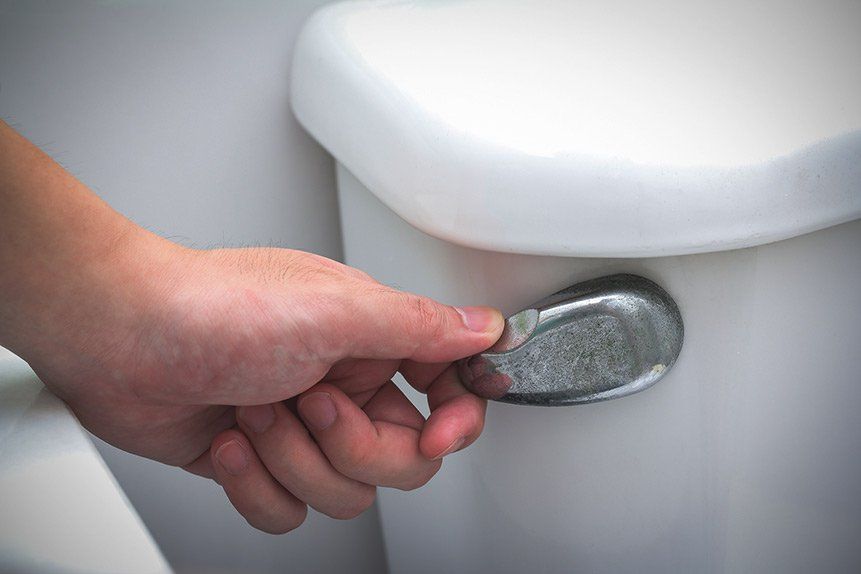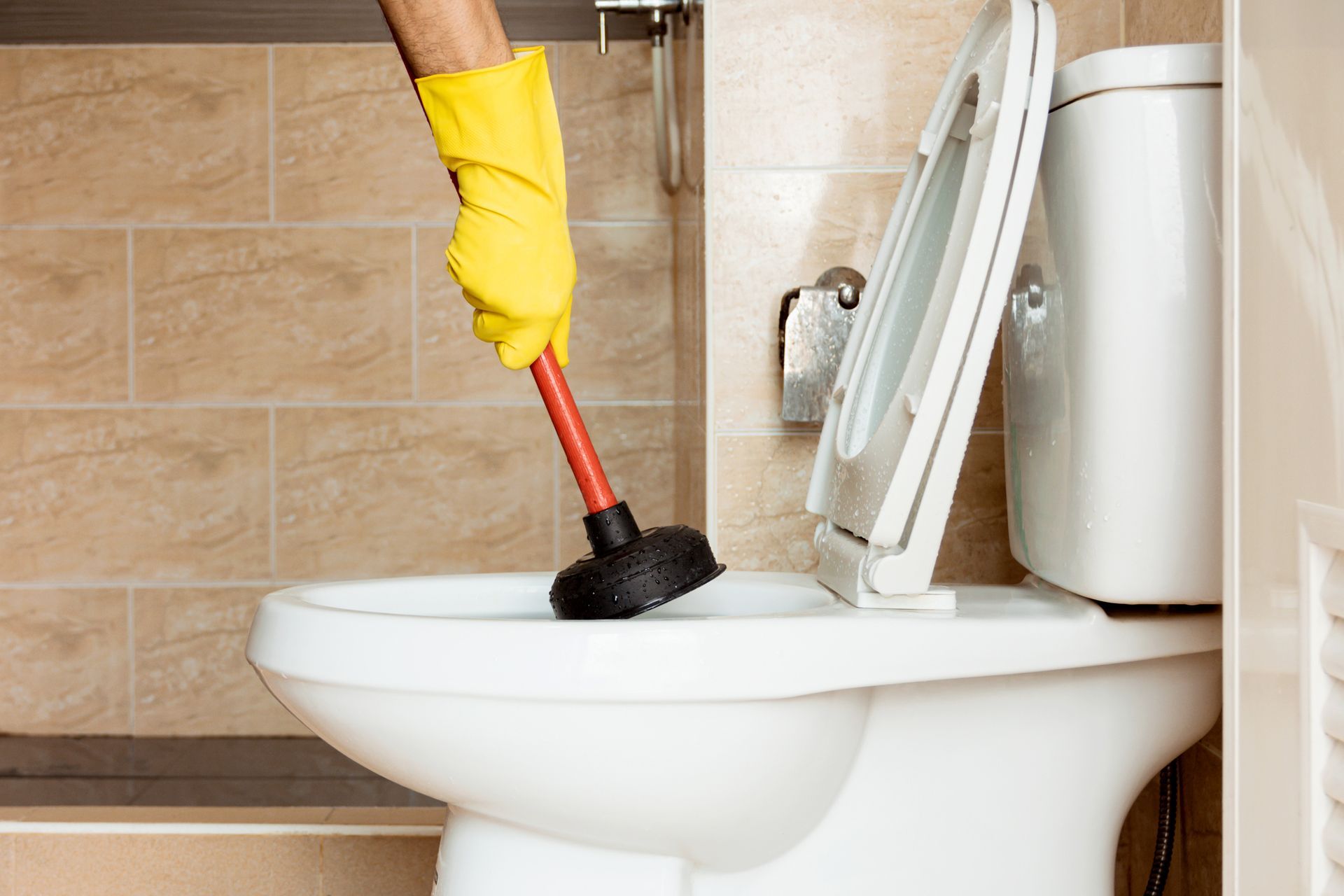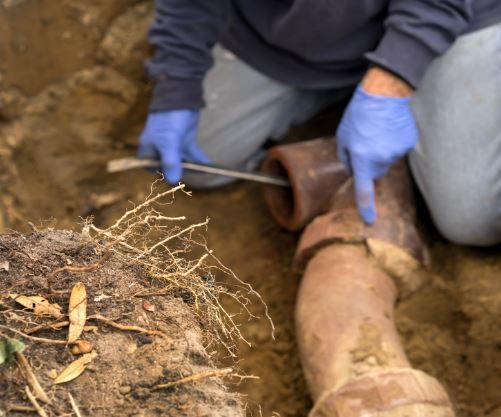Why Shouldn't You Flush Wet Wipes?
- By Admin
- •
- 16 Oct, 2018
- •

If you love a good, clean feeling after using the toilet - and who doesn't - you may have begun purchasing wet wipes to use along with your toilet paper. Many of these wet wipes claim to be flushable or biodegradable. However, homeowners, plumbers, and sewer departments across the country are quickly finding out this is not the case.
People are taking wet wipe manufacturers to court over the labeling of their products and the fact that so-called flushable wipes are really anything but. Here are some good reasons to never flush wet wipes down your toilet - along with some suggestions for getting a nice, clean feeling without harming your plumbing system.
Why Shouldn't You Flush Wet Wipes?
The problems caused by wet wipes stem from the fact that, unlike toilet paper, wet wipes take a long time to break down. Even those made from natural products like wood pulp often stay intact long after they reach the public sewer system. Toilet paper has deteriorated significantly by this point. These slow-to-degrade wipes cause three major problems.
1. Clogged Toilets
If some toilet paper gets stuck in the drain line leading away from the toilet, you can often let it be for an hour or two, and then it will break down, freeing the clog. This won't happen with wet wipes. Their thickness makes them more likely to get caught in your toilet drain pipe, and once caught, they often won't budge without the help of a plumbing snake.
2. Blocked Main Sewer Lines
Many homes have tree roots growing into their main sewer lines. The roots themselves may not cause a major blockage if you use herbicides and other means to keep them in check. However, wet wipes can get caught on the roots and lead to a big blockage that won't clear until your plumber digs up your main sewer line. When the main sewer line has a block, none of the drains in your home will work, and you may experience sewage backups.
3. Blocked Public Sewers
If the wet wipes manage to get past your main sewer line, they can still wreak havoc on the public sewer system. The wipes stick to fat and food particles, forming huge blockages called fatbergs.
Cities like San Francisco and New York have had major problems with fatbergs, caused in part by the increasing popularity of wet wipes. Problems with public sewers affect everyone - they lead to increased taxes and an increased risk of sewage backups.
What Are Some Alternatives to Flushing Wet Wipes?
Obviously, you could go back to using standard toilet paper. However, if you like using wet wipes, you may now feel like toilet paper does not get your bottom sufficiently clean. Two good alternatives will leave you just as tidy.
1. Dispose of Wet Wipes in the Trash
Throwing used wipes into an open trash is not very sanitary. But if you purchase a small wastebasket with a lid that opens with a foot pedal, you can dispose of your wipes in the can without having to touch a thing. The lid will keep odors at bay. Line the can with a plastic bag, and empty the can each evening for best results.
2. Install a Bidet
This option does away with wet wipes altogether. Bidets are devices that clean your bottom with a stream of water while you sit on the toilet. Some models dry you off too. Bidets are very common in Europe, and they're becoming increasingly common in the U.S., too.
The myths that bidets are messy, expensive, and hard to install are simply untrue. Once you use a bidet, you'll probably never want to go back to toilet paper - or even wet wipes.
Don't continue to let wet wipes sabotage your drain lines or the public sewers. If you think you might have a blockage caused by wet wipes or anything else, call Peter Piper's Plumbing & Drain Cleaning Service today.





